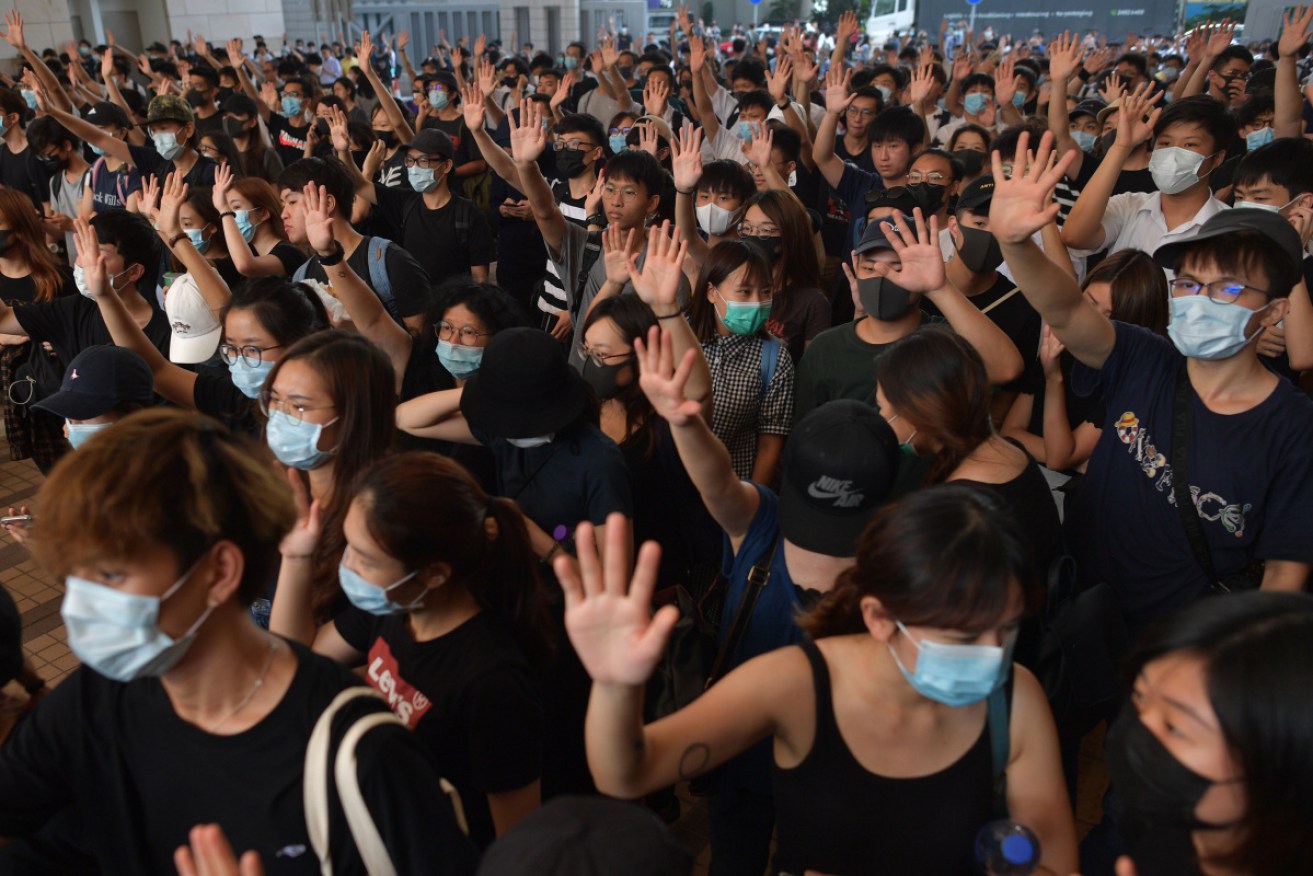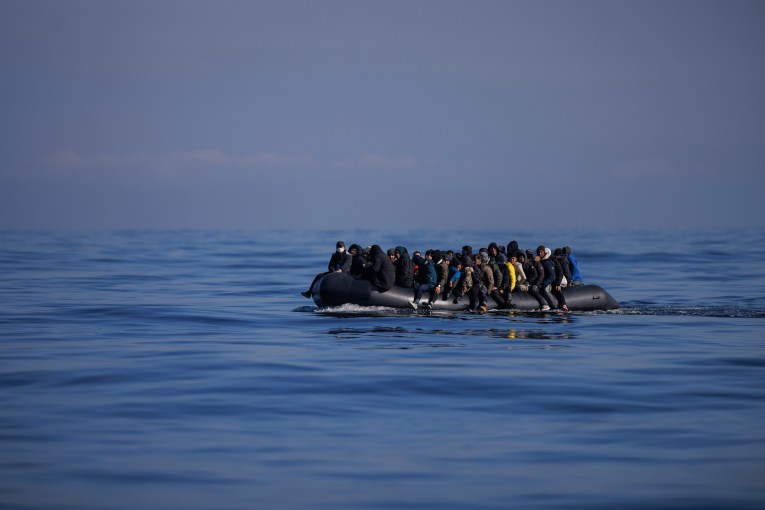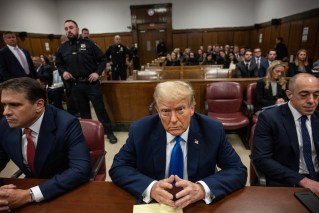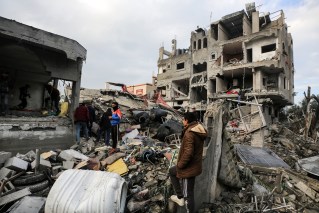What Hong Kong protesters want and why the fight is not over


Protesters face six months in jail for donning face masks. Photo: Getty Photo: Getty
Tensions on the streets of Hong Kong are likely to intensify beyond the recent injuries and scenes of chaos unless the government can meet protesters’ remaining demands.
But China and Hong Kong leaders do not show signs of giving in to the “pro-democracy” campaigners, experts have warned.
Beijing seems willing to “sit this out all the way until 2047”, Dr Sow Keat Tok from the University of Melbourne’s Asia Institute told The New Daily.
“China promised the system in Hong Kong will not change for 50 years, from 1997 right up to 2047,” Dr Tok said.
“Those were the 50 years that Hong Kong is supposed to enjoy a one country, two systems arrangement.”
Thousands of people have taken to the streets of the city in recent months, with five demands of the government.
Their most publicised objection was to an extradition bill that would have seen alleged criminals deported to the mainland for trial.
After weeks of escalating tensions that even saw the Hong Kong airport shut down and international flights interrupted, chief executive Carrie Lam agreed to formally withdraw the bill.

Protesters outside Hong Kong’s Legislative Council. Photo: Getty
Yet activists have continued to mobilise and on Tuesday night (Australian time) a city already on edge was shocked by the shooting of a teen protester.
Dramatic footage showed the 18-year-old high school student move towards a police officer with a metal bar. The officer then opened fire, injuring the teen’s chest.
That police would open fire with live ammunition has only fuelled anger and the resolve of the “freedom” activists.
But with the demand against the extradition bill already met, some outsiders are questioning why the crowds are still marching.
What protesters are fighting for – and why their demands are unlikely to be met
Firstly, protesters want an independent inquiry into police violence.
Dr Tok said that is unlikely because Ms Lam would effectively be “alienating the only tool she has in terms of stabilising the Hong Kong society”.
She also would be turning away “the very police that have been supporting her policy”, he said.
Secondly, protesters want Ms Lam and the Hong Kong police commissioner to stop describing protesters as rioters.
“When they use the word rioters in Hong Kong’s legal system, it is a crime that can be punished by up to 10 years prison,” Dr Tok said.
Whereas legal protests are allowed in Hong Kong and don’t carry any penalty, he said.
Thirdly, protesters want the Hong Kong government to offer amnesty for arrested protesters.

The Police Special Tactical Squad arrests protesters on October 1. Photo: Getty
If Ms Lam were to give in to the protesters’ demands for an investigation into alleged police brutality and the release of detained protesters, Dr Tok said this would “seriously undermine the whole idea of rule of law in Hong Kong”.
He described it as a “double-edged sword”.
“When you think there is enough population supporting a particular change, there should be a corresponding change in the system.
“But it cannot be just Carrie Lam’s decision.”
Dr Tok said decisions have to pass through the Legislative Council but it is “currently going through a constitutional crisis” and is “not working at the moment”.
Lastly, protesters believe the political process should be democratised so that every adult has the right to vote – meaning universal suffrage for the Legislative Council and chief executive poll.
But Ms Lam can’t agree to it unless Beijing does.

Carrie Lam during a news conference. Photo: Getty
Dr Tok does not see that happening because “if Beijing was to agree to it, it would mean the Chinese Communist Party is succumbing to pressure by the masses in Hong Kong”.
“It’s going to undermine Beijing’s legitimacy if they were to agree to universal suffrage in Hong Kong.”
What can the world expect to see next?
It’s difficult to predict what could happen next. But one thing experts said is for sure: The protests aren’t going to stop.
And with the demonstrations comes the possibility of violence.
Dr Lai-Ha Chan from the University of Technology Sydney said the protesters’ demands will be “very difficult to meet”, describing the outcome as “not optimistic”.
“The conflict will be trapped in a very nasty circle of violence between protesters and police,” she said.
Dr Tok predicted a social movement towards “part-time demonstrating” will persist whereby people in Hong Kong take to the streets on weekends as opposed to weekdays when they’re more likely to be working or attending school.
Meanwhile, the rights groups can be sure of one win: People in Hong Kong suspected of crimes will be spared from being sent to face trial on the mainland.
Rights groups had found the bill deeply problematic because of China’s conviction rate.
In China, fewer than one in every 100 of the people facing court successfully fight their charges.
While Ms Lam formally withdrew the extradition bill on September 4, Dr Tok believes there is little hope of the other demands passing.
He said Ms Lam “will have difficulties convincing herself as much as those of the pro-establishment groups” to accept the requests.








